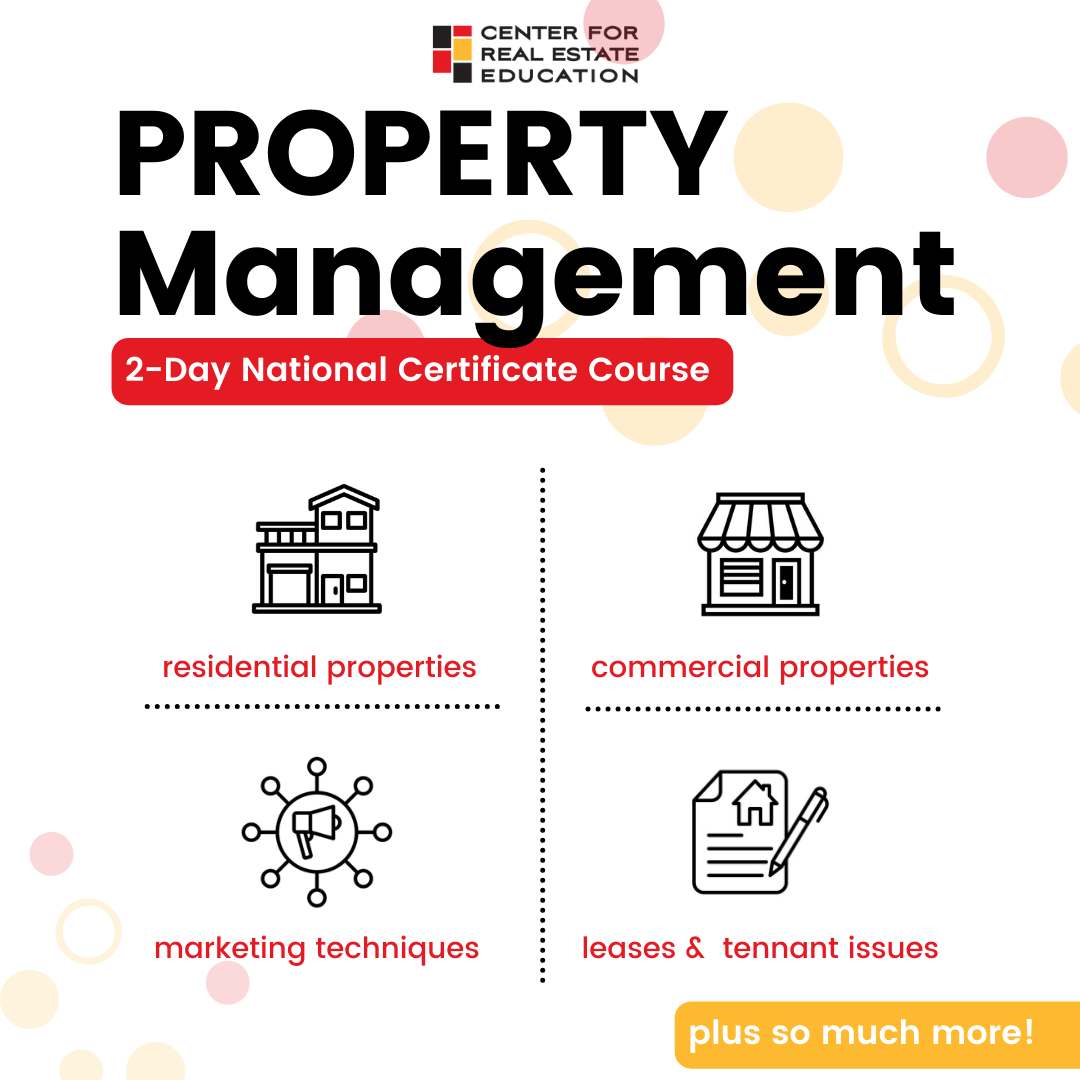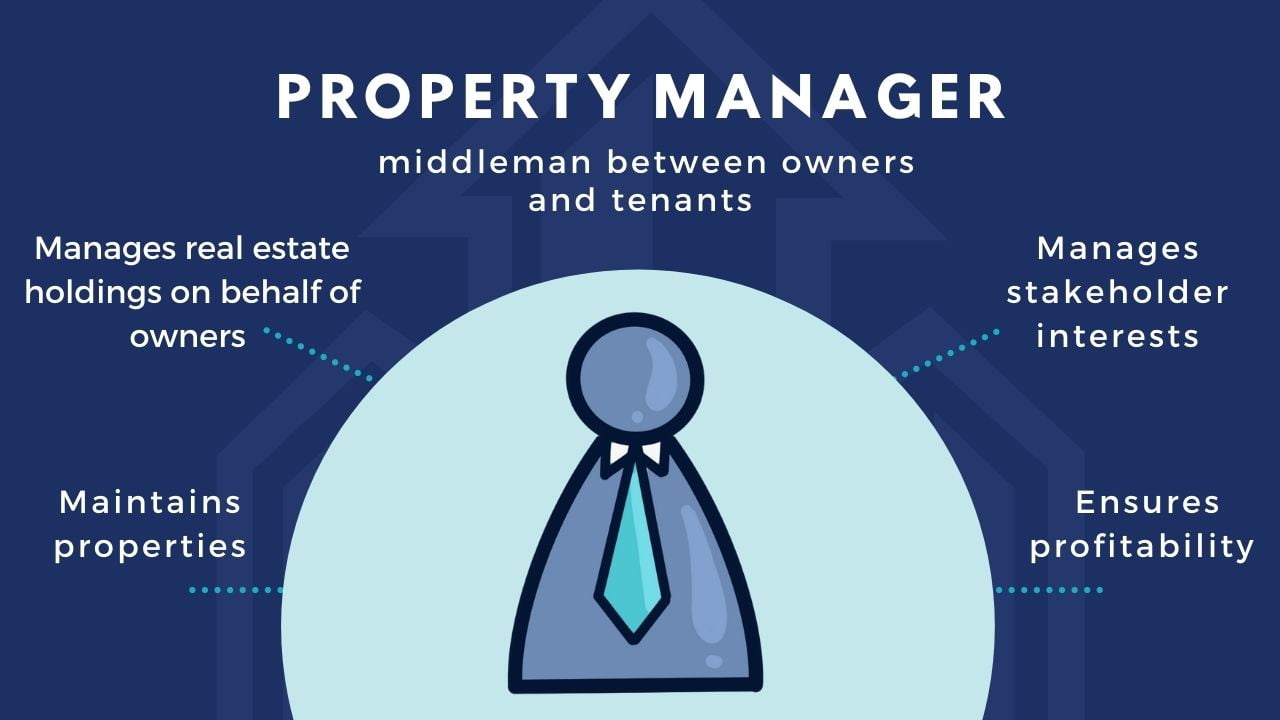The Main Principles Of Property Management
The Main Principles Of Property Management
Blog Article
Property Management Companies : Effective Property Property Oversight Ensures Renter Complete Satisfaction And Optimizes Rental Earnings
Functions and Duties of Residential Or Commercial Property Managers
What exactly does a home manager do when the keys change hands? Imagine a captain guiding a ship through unforeseeable waters-- this is the essence of managing property properties. The role is far from ordinary; it's a dynamic dance of stabilizing occupant requirements, upkeep schedules, and financial oversight.
Core Responsibilities That Define the Role
- Tenant Screening and Relations: Picking trusted occupants isn't practically background checks; it has to do with creating a community within the residential or commercial property. Property managers typically discover themselves mediating conflicts or turning a rough spot into a handshake contract.
- Lease Collection and Financial Management: Timely lease collection is the lifeblood of property management. However it involves more than just gathering checks-- it's about budgeting, forecasting, and ensuring a steady capital.
- Property Upkeep Coordination: From leaky faucets to major repair work, residential or commercial property managers collaborate with vendors and contractors to keep the property in leading shape.
- Legal Compliance: Remaining on the ideal side of ever-changing landlord-tenant laws can seem like walking a tightrope. Property supervisors must ensure leases and actions adhere to regulations to avoid costly disagreements.
A Day in the Life: Anecdotes from the Field
Take, for instance, the story of a home manager who found a burst pipeline at midnight. Instead of panicking, they quickly arranged emergency situation repair work, avoiding substantial water damage. It's minutes like these that reveal the hidden diligence behind the scenes.
Duties Breakdown
| Obligation | Secret Actions | Effect |
|---|---|---|
| Occupant Management | Screening, lease arrangements, conflict resolution | Maintains occupancy and occupant fulfillment |
| Financial Oversight | Rent collection, budgeting, expense tracking | Guarantees success and financial health |
| Maintenance Oversight | Scheduling repairs, preventative upkeep | Maintains home value and security |
| Legal Compliance | Lease law adherence, expulsion procedures | Mitigates legal threats and liabilities |
Can someone actually handle these varied responsibilities perfectly? Typically, the answer lies in experience, a strong network, and a proactive mindset. After all, property management isn't simply a task-- it's a craft of preparing for challenges and turning them into chances.
Checking out the Spectrum of Property Management Services
Ever questioned why some rental homes grow while others go to pieces? The answer frequently lies within the property management services chosen. These services aren't one-size-fits-all; they extend throughout a varied landscape, each customized to a particular aspect of residential or commercial property stewardship.
1. Home Management
Think about the last time you leased a home. Did the property manager deal with repair work promptly? This type focuses on managing single-family homes, condominiums, or homes. It includes tenant screening, lease enforcement, and collaborating repairs. A typical oversight here is undervaluing the value of regular property evaluations-- skimp on those, and unseen concerns may cascade into costly repair work.
2. Commercial Home Management
Handling office buildings, retail spaces, or warehouses demands a various skill set. Business residential or commercial properties need balancing lease negotiations, regulatory compliance, and facility upkeep with an eye for making the most of company tenant fulfillment. Would you expect the very same management strategy for a comfortable home and a shopping center? Never.
3. Trip Rental Management

Short-term leasings bring a whirlwind of guest turnover, cleaning up schedules, and dynamic rates. This type thrives on dexterity. An insider tip: leveraging automated booking platforms can considerably decrease vacancy periods, while personalized visitor interaction fosters repeat check outs.
Kinds Of Property Management Solutions Contrast
| Service Type | Key Features | Typical Focus |
|---|---|---|
| Residential | Tenant screening, lease management, maintenance coordination | Long-term occupancy, tenant relations |
| Commercial | Lease negotiations, compliance, facility maintenance | Service renters, taking full advantage of property worth |
| Vacation Rental | Booking management, visitor services, vibrant prices | Short-term stays, fast turnover |

Specialist Tips for Picking the Right Service
- Recognize your residential or commercial property's main function before selecting a management style.
- Do not overlook the value of technology integration-- property management software can be a game-changer.
- Regularly evaluation lease contracts to guarantee they align with local regulations and market trends.
- Take part in proactive upkeep to avoid pricey emergency situation repairs-- prevention beats cure every time.
Why choose a generic method when your home deserves a customized method? Various homes require unique know-how, and comprehending these nuances can change prospective headaches into seamless operations.
Legal Intricacies Every Home Manager Must Navigate
When diving into property management, the legal landscape can seem like a labyrinth. Imagine juggling leases that must abide by local statutes while guaranteeing tenant rights are honored-- one mistake could lead to costly suits. Property Management Companies. Ever wondered why expulsion procedures seem so intimidating? It's due to the fact that they're governed by stringent, typically varying policies that require precision and timeliness
Many property supervisors underestimate the intricacy of security deposit laws. Some states need deposits to be held in separate escrow accounts, with comprehensive documents. Failing to do so can lead to charges or mandatory returns going beyond the original deposit. Have you ever paused to think about how lease arrangements crafted without legal foresight can decipher in court? Crafting every provision with clearness and enforceability is not just recommended; it's important.
Secret Legal Considerations List
- Compliance with Fair Housing Act and anti-discrimination laws
- Adherence to local rent control regulations
- Prompt and lawful eviction procedures
- Proper handling and documents of security deposits
- Regular updates to lease arrangements showing legal modifications
Financial Precision: Beyond the Basics
Financial mismanagement can turn a lucrative property into a financial quagmire. The subtle art of budgeting isn't almost tracking expenses; it's forecasting potential cash circulation disruptions before they manifest. Think about the unexpected expenses of real estate tax or emergency situation repair work-- how prepared are you to absorb these without destabilizing your financial plan?
Investing in robust accounting software tailored get more info for residential or commercial property supervisors can be a game-changer. The real secret lies in constant reconciliation and categorizing expenses properly-- something frequently glossed over. Consider the last time you reviewed your financial reports with a vital eye. Did you find irregularities that hinted at unnoticed leakages?
Financial Management Best Practices
- Develop different savings account for operational and reserve funds
- Carry out regular audits to guarantee precision and openness
- Keep detailed records of lease collection and expenditures
- Forecast seasonal variations in income and expenditure
- Stay informed on tax reductions and credits specific to rental homes
| Financial Element | Professional Tip | Common Oversight |
|---|---|---|
| Rent Collection | Automate tips and payment tracking | Overlooking late charge policies enforcement |
| Maintenance Reserves | Assign at least 10% of rental income | Underestimating emergency situation repair work expenses |
| Tax Documents | Keep invoices organized by classification | Mixing personal and home expenditures |
Unlocking Performance with Smart Property Management Tools
Think of handling dozens of rental systems without the help of automation. It resembles trying to perform an orchestra blindfolded-- every instrument out of sync. Modern home management innovation changes this cacophony into a symphony. Automated lease collection lowers the limitless back-and-forth of suggestions and late payments, freeing supervisors to concentrate on renter relations instead of chasing after checks.
Data-Driven Decisions: Beyond Gut Feeling
Have you ever wondered how top-tier物业管理 professionals anticipate market patterns or enhance maintenance schedules? It's no crystal ball-- it's real-time analytics. Leveraging cloud-based platforms, managers can track occupancy rates, tenant demographics, and upkeep logs with a couple of clicks. The result? Proactive upkeep that avoids costly repair work instead of responding after the fact.
- Predictive upkeep signals to capture small issues before they escalate
- Dynamic prices models adjusting rent based on need and regional market shifts
- Occupant screening algorithms that spot red flags quicker than standard techniques
The Human Touch in a Digital Age
Innovation does not change the human component; it improves it. Consider an anecdote: A home manager once missed out on a critical maintenance call since of paper logs. After switching to a digital system, reaction times cut in half. Renters felt heard, and retention rates soared. Can troublesome spreadsheets truly contend with instant notices and real-time updates on residential or commercial property conditions!.
?. !? Expert Tips for Seamless Integration
- Start with a scalable platform that grows with your portfolio.
- Train your team completely-- tech is just as great as its users.
- Regularly audit data precision; trash in, garbage out uses here.
- Make use of mobile-friendly apps to allow on-the-go management and quicker reaction times.